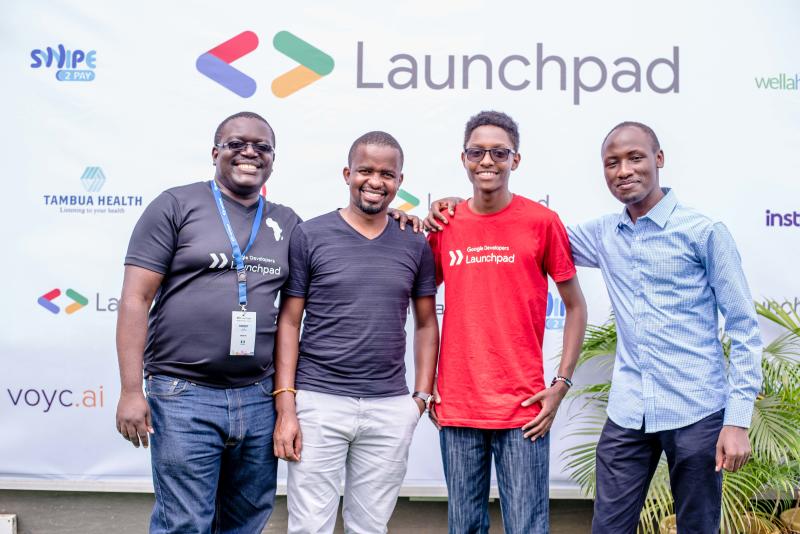×
The Standard e-Paper
Home To Bold Columnists

Start-ups are hard to run in unexpected ways. Resources aside, there will always be another milestone that is further out and harder to reach. That is the ‘why’ behind the Google accelerator program, that fosters start-up success.
The 12 start-ups of the third cohort of Google Launchpad Africa accelerator graduated late June this 2019.







